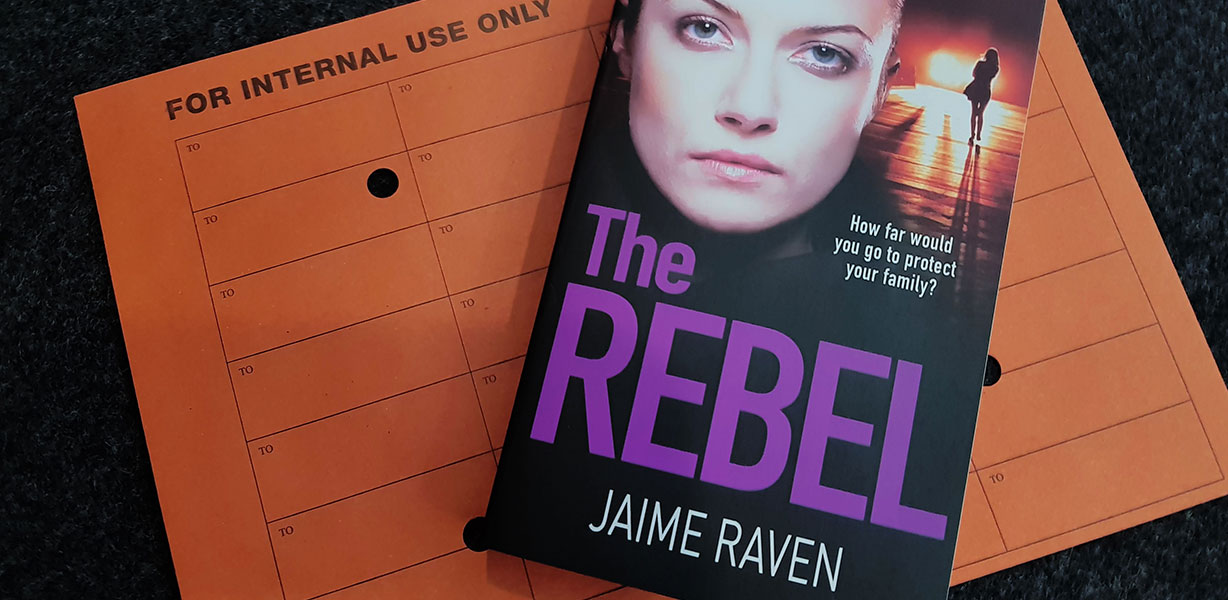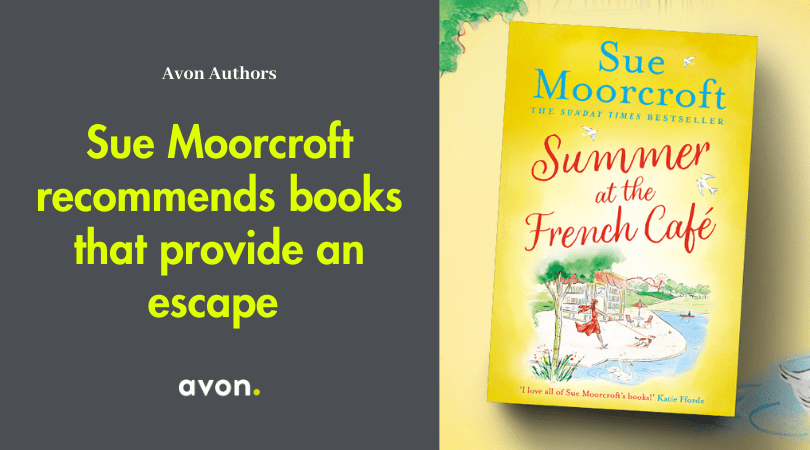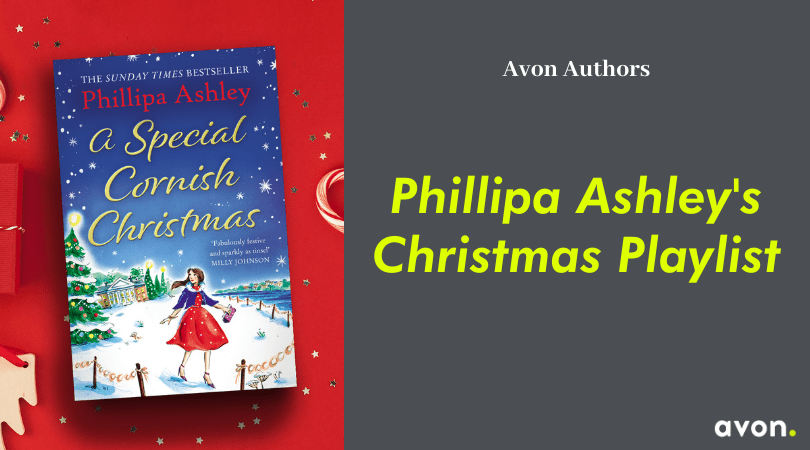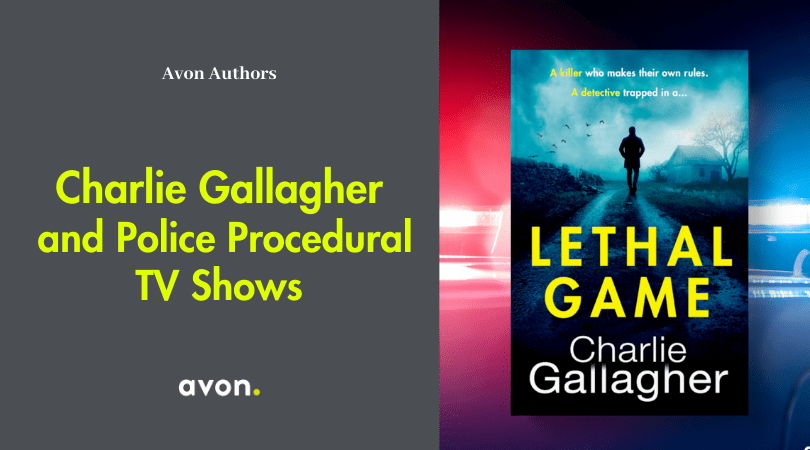There’s been an alarming increase in fatal gun and knife attacks across London. Most of victims are young people and many of the killings are gang-related.
But this surge in extreme violence is clearly a trend that poses a threat to everyone, young or old, male or female. And it’s a scary thought that there are so many lethal weapons in the hands of people who are prepared to use them.
As a crime novelist I follow these appalling events with interest, while searching for ideas for plots and storylines.
One conclusion I’ve drawn is that there has never been a more dangerous time to be an officer in the Metropolitan Police.
Every day these men and women face the terrifying prospect of being shot at or stabbed. This uncomfortable truth occurred to me before I started writing The Rebel, my fourth and latest book for Avon. It prompted me to ask myself the following question:
The police are there to solve crimes and protect the public. But who protects them when they themselves become the targets?
It was a question that so intrigued me it played a major part in the development of The Rebel. The book is about a threat to kill police officers unless an investigation into organised crime is dropped. When the Met stands firm the killings begin.
As soon as I started researching the book I realised just how vulnerable police officers are. Thousands have been murdered over the years across the UK while in the line of duty, with some of the higher profile killings making headlines around the world. Among them the terror attack last year in which PC Keith Palmer was stabbed to death while protecting the Houses of Parliament.
I’ve always had an immense amount of respect for the police. Before becoming a full-time author I had a career as a journalist, working for newspapers and in television. I spent six years in London covering mostly crime stories. During this time I developed a close working relationship with both detectives and uniformed officers and I saw first-hand what they come up against on a daily basis.
Once, I interviewed a PC in hospital after he had been badly beaten by a gang of thugs when he tried to break up a street fight. I witnessed a team of officers entering a building, knowing there was a man inside armed with a gun that he’d already fired through a window. I was also on the scene when a young policewoman was attacked with an iron bar during a riot outside a factory and I saw a police car being rammed by a van it had been pursuing through the streets of South London. One of the officers suffered serious head injuries.
I drew on my various experiences as a reporter when writing my earlier books for Avon – The Madam, The Alibi and The Mother. In The Mother the main protagonist is a detective whose daughter is kidnapped and the action takes place in London. I remember covering at least two child abduction stories while working for one of the national tabloids.
Another Met detective features in The Rebel. Her name is Laura Jefferson and she’s forced to take the law into her own hands to protect her family from a ruthless killer. I based her loosely on an officer I actually knew back in the day who was one of my best contacts.
It’s so easy for us writers to place our police characters in perilous situations.
Their fate is in hour hands and we can decide what happens to them. Do they live or die? Do they solve the crimes and beat the baddies? Do they suffer from any life changing injuries in their pursuit of villains?
In real life it’s very different and I don’t think any of us fully appreciates how dangerous the job of policing has become, especially in the capital. For me writing and researching The Rebel has been a real eye-opener, especially as its publication coincided with the shocking rise in violence across London.
Those coppers on the front line are at risk like never before. And it’s a brutal fact that there’s no one to protect them when they themselves become the targets.



